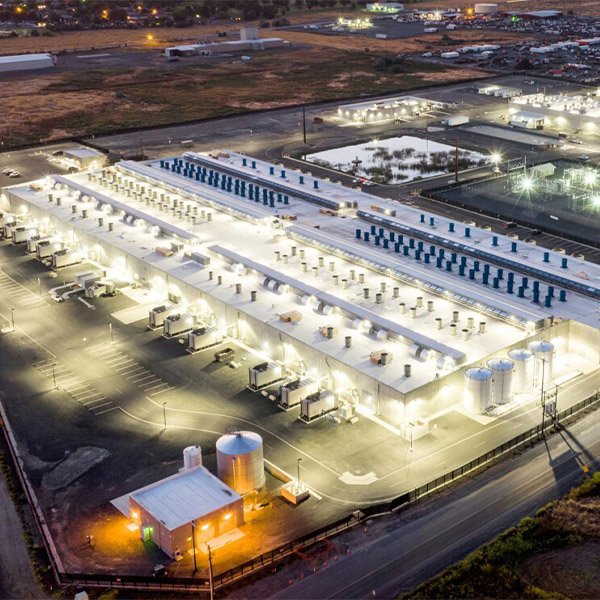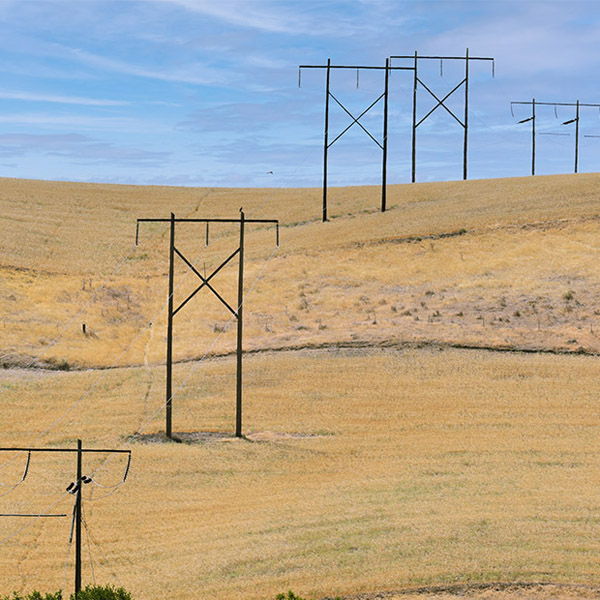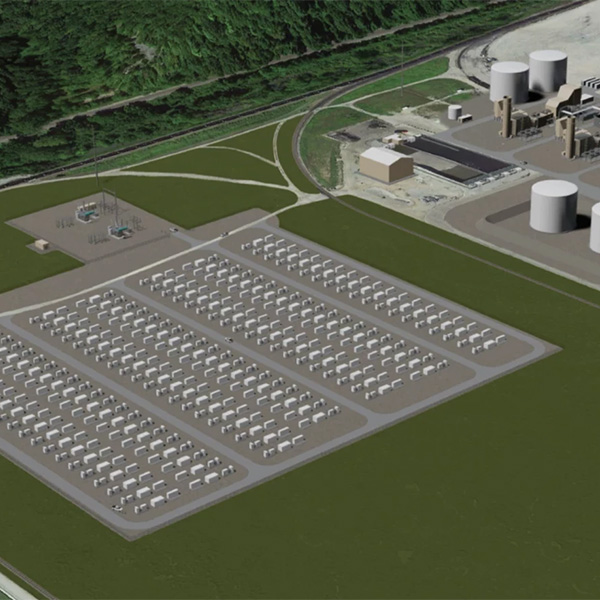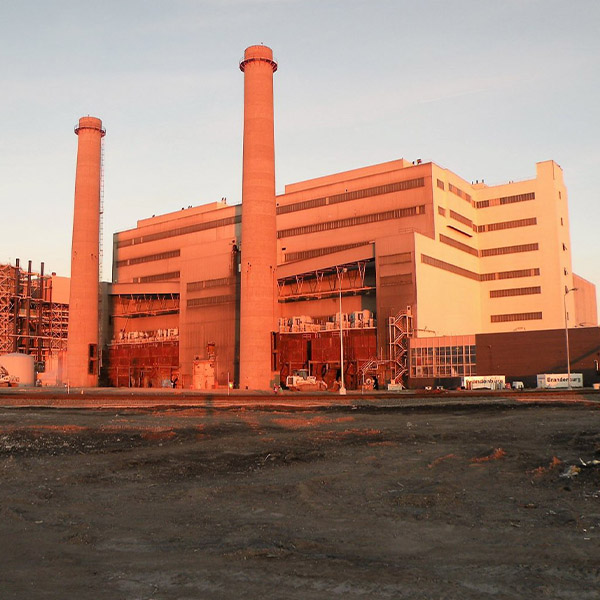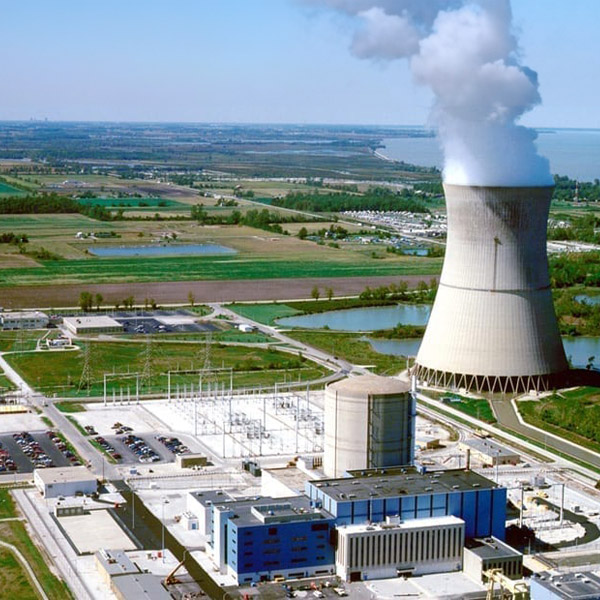State & Regional
AlabamaAlaskaArizonaArkansasCaliforniaColoradoConnecticutDelawareDistrict of ColumbiaFloridaGeorgiaHawaiiIdahoIllinoisIndianaIowaKansasKentuckyLouisianaMaineManitobaMarylandMassachusettsMichiganMinnesotaMississippiMissouriMontanaNebraskaNevadaNew HampshireNew JerseyNew MexicoNew YorkNorth CarolinaNorth DakotaOhioOklahomaOntarioOregonPennsylvaniaRhode IslandRTO-IndianaSouth CarolinaSouth DakotaTennesseeTexasUtahVermontVirginiaWashingtonWest VirginiaWisconsinWyoming
FERC approved a transmission security agreement between PECO Energy and Amazon for a data center planned in Falls Township, Pa.
The Virginia SCC approved a smaller rate request than Dominion Energy asked for, but it also approved its plan to set up a new rate class for large customers and new natural gas units to meet rising demand.
Citing developments within WPP’s Western Resource Adequacy Program, the Oregon Public Utilities Commission waived penalties for independent power suppliers participating in the state’s alternative RA program.
FERC dismissed Ameren’s bid to gain exclusive rights to build nearly $2 billion of MISO regional transmission projects in the state free of competitors.
The Missouri PSC unanimously approved a settlement agreement on rates for Ameren’s large load customers that insulates ratepayers from most costs associated with supplying data centers’ electricity needs.
Energy Secretary Chris Wright has issued the third order keeping the Eddystone plant in Pennsylvania running after it had been ready to retire in May 2025.
The Texas Public Utility Commission signed a sixth loan agreement through the Texas Energy Fund’s in-ERCOT loan program, up to $370 million for a new 455-MW gas-fired plant in the Houston area.
Energy affordability and regional collaboration dominated talks at the New England-Canada Business Council's annual Executive Energy Conference.
The California PUC approved a request to cancel Pacific Gas and Electric’s contract with California State University, Monterey Bay to convert hundreds of the university’s residential units from gas and electric service to all-electric service.
The Public Utilities Commission of Ohio approved $250 million in fines for FirstEnergy, which comes after a federal investigation in 2020 found the utility had bribed lawmakers to secure a bailout for its nuclear plants.
Want more? Advanced Search
